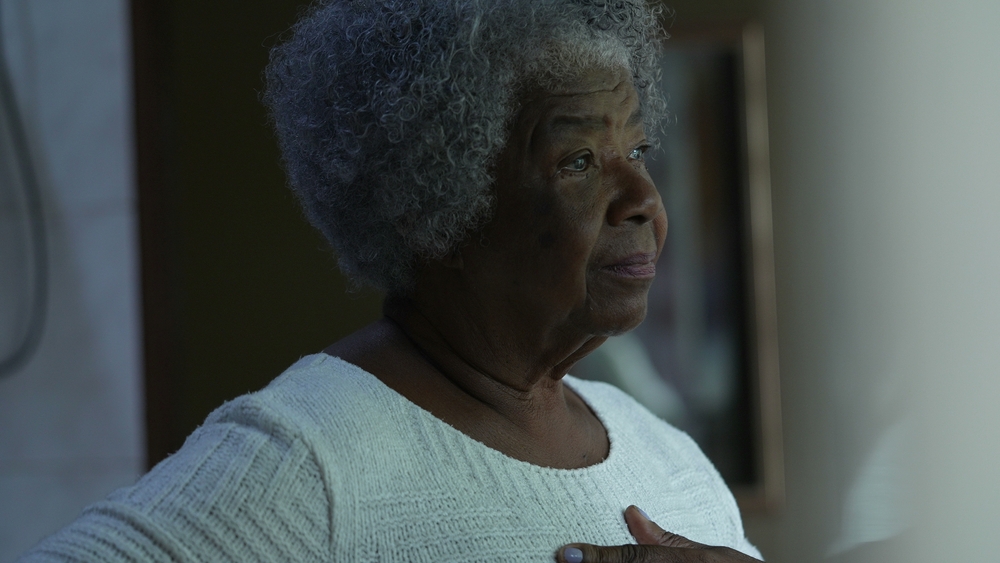Parent Just Diagnosed with Alzheimer’s Disease: Now What?
Category:

Caring for parents with dementia or Alzheimer’s is no easy task. At times it can feel overwhelming, frustrating, and even make you angry. Fortunately, there are steps to take when a parent has Alzheimer’s to make life easier for both them and you.
How to Care for a Parent with Dementia
A person newly diagnosed with Alzheimer’s disease will likely experience changes in reasoning, thinking, and remembering that affect their ability to complete daily life tasks. At first, it may seem like they are just forgetting things a bit more often – misplacing keys, forgetting a word here and there. If you spend a lot of time with your elderly loved one, you will begin to notice when things shift from forgetfulness into dementia.
Some ways you can help a parent diagnosed with Alzheimer’s include:
-
Create a routine. Wake, bathe, dress, and eat at the same time every day.
-
Use a notebook or calendar to keep track of to-do lists, appointments, and important events.
-
Hang a whiteboard somewhere highly visible with the date and day of the week along with anything else important happening that day – this can be something big like a birthday or smaller like a reminder of a favorite TV show.
-
Consider a system of reminders for medications, especially if they are taken at different times throughout the day. If you have an Alexa device (or something similar), you can set it up to remind you at the same time every day. You can set the alarms to ring quite loudly if you are worried your loved one may sleep through their medication-taking time.
-
Plan activities your loved one enjoys and do them at the same time every day.
-
Try to avoid phrases like, “Don’t you remember?” as this will be uncomfortable and frustrating for everyone involved.
Download Our Early Signs of Dementia Guide
How to Get a Parent Evaluated for Dementia
If you notice your parent having symptoms such as sudden mood swings, forgetting everyday words, or struggling to follow directions, you may want to get them evaluated for dementia. Don’t panic right away – there are many other conditions that can mimic dementia. Schedule an appointment with your family doctor so they can do an evaluation.
If your parent is reluctant to get tested for Alzheimer’s or dementia, try to stay calm and reasonable. Focus on the fact that you are concerned for their well-being. Even if they flat out refuse to get tested, consider discussing legal and financial matters with them, such as power of attorney. You want these legal matters taken care of while your parent is still of sound mind.
Finally, you want to choose a doctor that you can be confident will test for everything and make the correct diagnosis since your parent may not want to be tested a second time. The Alzheimer’s Association has a document that guides you through choosing the best doctor for your situation.
Having a parent with dementia can be scary. Know that support is out there – caregivers for when you need help, support groups, tons of online resources – everything you need to help your parent and help yourself. Remember, even when your parent has dementia, and you become their caregiver, you still need to take care of yourself first in order to take care of them properly.
Subscribe
Date: 2022-09-29
Category:


